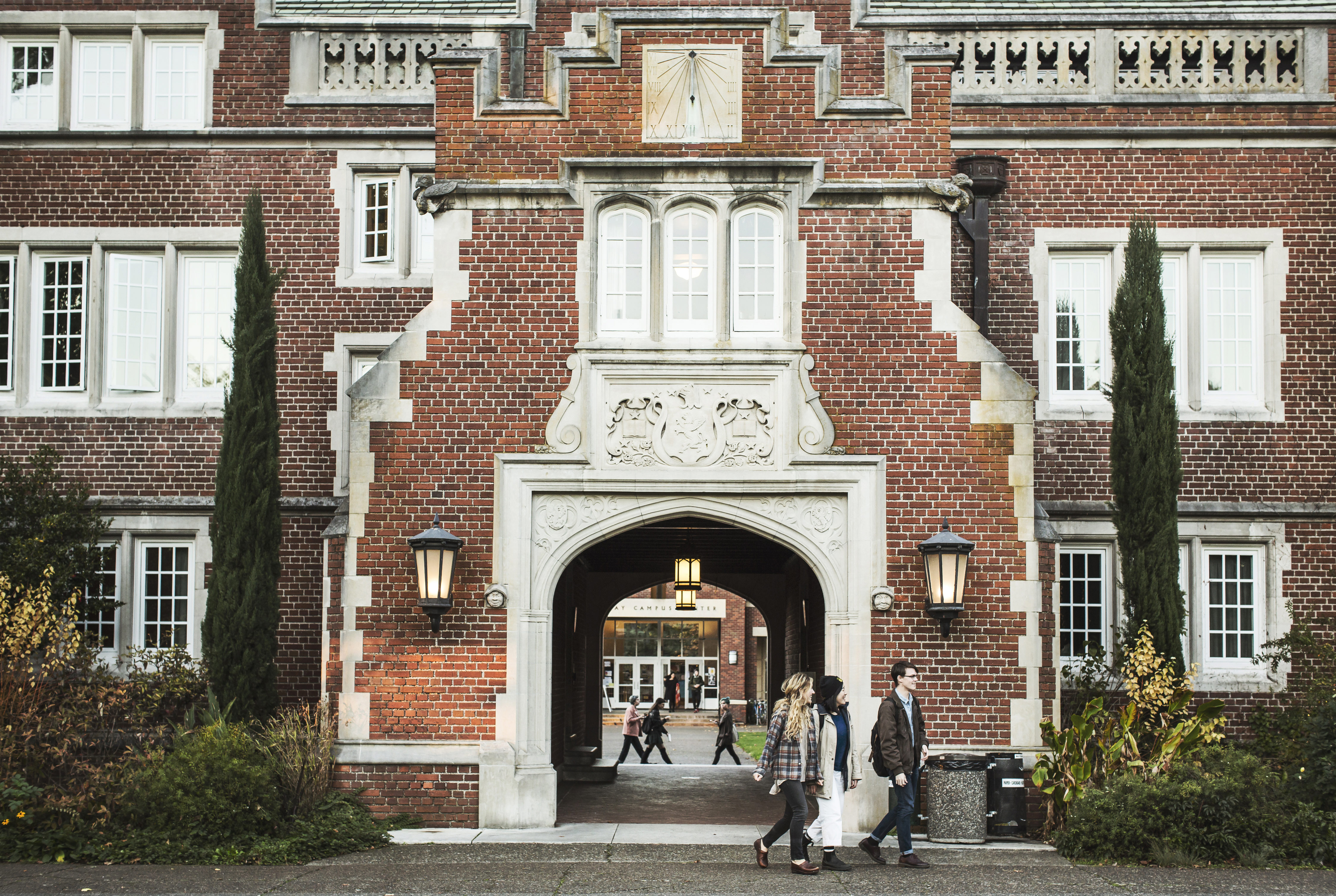Transfer & Non-Traditional Students
Transfer and non-traditional students are a vibrant part of the Reed College community, bringing important life experiences that enhance the college experience inside and outside the classroom.
Non-traditional students are generally defined by age (usually outside of the traditional college age range of 18-22), as well as by life circumstances different from the typical traditional college student. Some non-traditional students may be returning to college after taking a leave of absence or entering college for the first time after delaying enrollment due to professional, military or family responsibilities. At Reed, "non-traditional" is intentionally broadly defined and includes any student who self-identifies with this group.
This guide is a comprehensive summary of resources and support specific to transfer, non-traditional, and commuting students.
Transfer Student Orientation
While transfer students often have a great deal of experience, knowledge, and an understanding of college life, there are many benefits to participating in Orientation at Reed. Orientation events are planned to help with accessing resources at Reed, advising specific to Reed's academic program, registering for classes, and connecting with fellow Reed students, staff and faculty.
Incoming transfer students are encouraged to attend Reed's Orientation Week each Fall and Spring semester. Transfer students are invited to attend Orientation events with all new students as well as transfer student-specific events. Visit the Orientation website for the full Orientation schedule and detailed information.
Registration
The Registrar's Office answers commonly asked questions about registration, credit transfers, and degree planning here: Transfer Student FAQs. Ben Bradley (bradley@reed.edu, 503-777-7295) in the Registrar's Office is the main contact for students navigating the credit evaluation and transfer process.
Housing
On-Campus Housing
Residence Life offers transfer and non-traditionally aged students multiple on-campus housing options, including the Transfer & Non-Trad Houses. Visit Transfer & Non-Traditionally Aged Student Housing to learn more.
Campus Life
Student Engagement
The Office for Student Engagement helps students build meaningful connections to one another and the broader Reed community. The student engagement office supports student-run organizations and coordinates on- and off-campus entertainment and educational events. All Reed student groups and clubs can now be found on the Student Clubs & Organizations webpage! Visit Reed's Events Calendar to learn more about virtual and on-campus events.
Transfer & Non-Trad Student Group: The Transfer & Non-Trad Student Group is open to all new and returning transfer and non-traditional students. Students can opt-in to join a listserv for transfer and non-trad students by emailing student-engagement@reed.edu.
Support and Assistance
The Office for Student Support can help students connect to academic, personal, financial, medical and mental health, food and housing security, and other important resources on-campus and in the broader Reed community. Students needing assistance can contact the the Director of Student Support, Dr. Luis Giraldo, at studentsupport@reed.edu.
Commuter Resources
Students who reside off-campus often face different challenges than on-campus residing students, such as managing a daily commute, balancing home and academic responsibilities, and connecting to the broader campus community. Reed offers multiple resources to help students living off-campus make the most of their time college experience. Visit Resources for Off-Campus Students to learn more!
Acknowledgement
This guide and the continued development of resources dedicated to transfer, non-traditional, and commuting students at Reed College is a direct outcome from the Transfer & Non-Traditional Student Project sponsored by the Social Justice Research & Education Fund. Special thanks to the Transfer & Non-Traditional Student Intern Anna Volz for her leadership and dedication to addressing the needs of this important student population.
